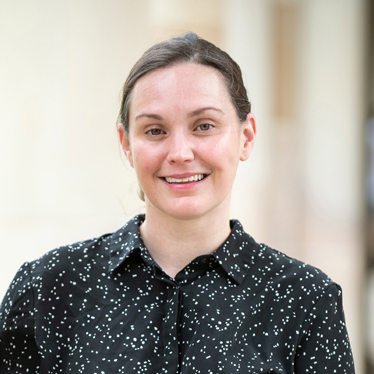
Project Summary:
Parkinson’s disease (PD) is an incurable disease characterised by progressive motor system dysfunction. PD affects 1% of the population over the age of 60 (~110,000 patients in Australia and more than 10 million patients world-wide). Currently, there are no treatments that cure or slow disease progression. The total economic cost of PD is enormous and it is expected to result in an increasing burden on society as the population ages.
The cause of Parkinson’s disease is not fully understood. Rare, inherited Parkinson’s disease can be caused by mutations in proteins, Pink1 and Parkin, that regulate the removal of mitochondria from cells in a process known as mitophagy. There has been a great deal of research into the development of Parkinson’s disease therapies designed to reactivate mutant Parkin through the use of small molecules.
The aim of this project is to activate mitophagy responses through alternative pathways. We have discovered a regulatory pathway that keeps mitophagy levels low in cells. The aim of this project is develop strategies to re-activate the mitophagy pathway in cells. This could lead to the development of activators of mitophagy which could serve as treatments for Parkinson’s disease.



 The Brain Foundation is the largest, independent funder of brain and spinal injury research in Australia. We believe research is the pathway to recovery.
The Brain Foundation is the largest, independent funder of brain and spinal injury research in Australia. We believe research is the pathway to recovery.